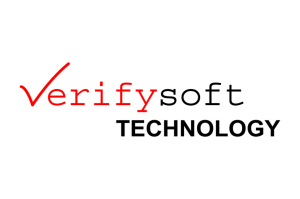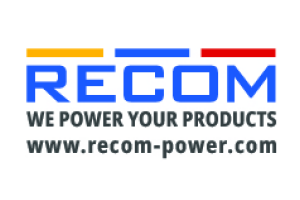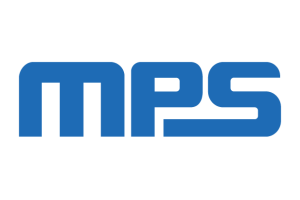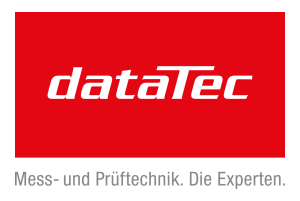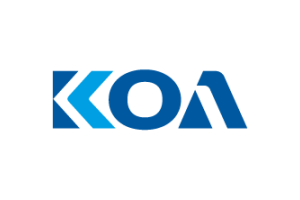Interview with Bernhard Erdl, PULS
Connectivity? Of course, but it has to be simple!
Fortsetzung des Artikels von Teil 1
How Puls is handling the components shortage and Trump's punitive tariffs
The electronics industry is struggling worldwide with the continuing shortage of components. Does this influence the availability of Puls products?
So far, the availability of our products and our delivery performance has not been adversely affected. We have built up large component and equipment warehouses from which our customers are now benefiting. In July 2018, we were able to achieve an average delivery rate of 99.8%. At the moment, our customers are well supplied worldwide. However, I do not believe that the components shortage will improve in the near future.
How do you plan in the long term?
Our strategy is based upon quick decision-making and global supply chain management. Our plants in the Czech Republic and China work closely together and align very well. We also emphasize a cooperative and international network with our suppliers. This also includes regularly qualifying new partners.
You have just mentioned the Puls plant in China. How do you deal with the increased punitive tariffs in the USA?
This trend had already emerged and we have taken appropriate measures. The punitive tariffs apply exclusively to our products, which were manufactured in China and to be imported into the USA. That is why we have further increased our capacities in Europe. It is now proving successful that we have simultaneously enhanced our two plants in the Czech Republic and in China. This enables the teams to support each other and cope with such challenges. And with the acquisition of Etasyn, we even have a third fully equipped manufacturing site in Germany at our disposal.
Do the punitive tariffs imply any price adjustments in the USA?
Yes, we cannot achieve this without corresponding price increases in the USA. The whole issue is a logistics challenge that consumes a lot of our resources.
Can you give us any idea of the further growth potential of Puls in China?
The Chinese market continues to be crucial for our growth. This year, our sales in China have increased by more than 20%. The country is increasingly focusing on high-quality technology – both in the consumer business and in industrial applications. As a result, our product portfolio is hitting precisely what is needed there, and we will continue to strengthen our activities.
Are there any other plans to expand in Asia?
In early 2019, we are going to establish our own subsidiary in Japan in order to be able to offer local PULS support. This is a very exciting project. Also South Korea – the gateway to the semiconductor industry – plays an important role for us. There we are working very closely with a local partner.
The Japanese market is considered to be highly competitive. What do you expect from a branch office?
The Japanese economy is exceptionally strong in the field of high-tech and has an excellent understanding of international trade. But entering that market successfully is not so easy for Western companies. Japanese engineers scrutinize everything and are usually even more thoroughly in their research as Germans. Here we can impress with our technical expertise and thorough documentation. However, this requires intensive, face-to-face support. In recent years, our Singapore team has looked after our Japanese customers. In the meantime the demand and the further growth potential are high enough that we need more people on site.
What convinces you that Puls is well positioned for the coming years?
I think we are on the right track because our customers and employees repeatedly confirm this. Long-term relationships that are based on trustful partnership are important to us and we actively cultivate them.
Last but not least, this success is also reflected in our sales figures, which are very satisfying. In 2018, the Puls Group will achieve 166 million euros in revenue. And ultimately I also know which new products are currently being in development. There are several highlights scheduled for the coming months. But I don't want to disclose much more now.
Mr. Erdl, thank you very much for the interview.
- Connectivity? Of course, but it has to be simple!
- How Puls is handling the components shortage and Trump's punitive tariffs

